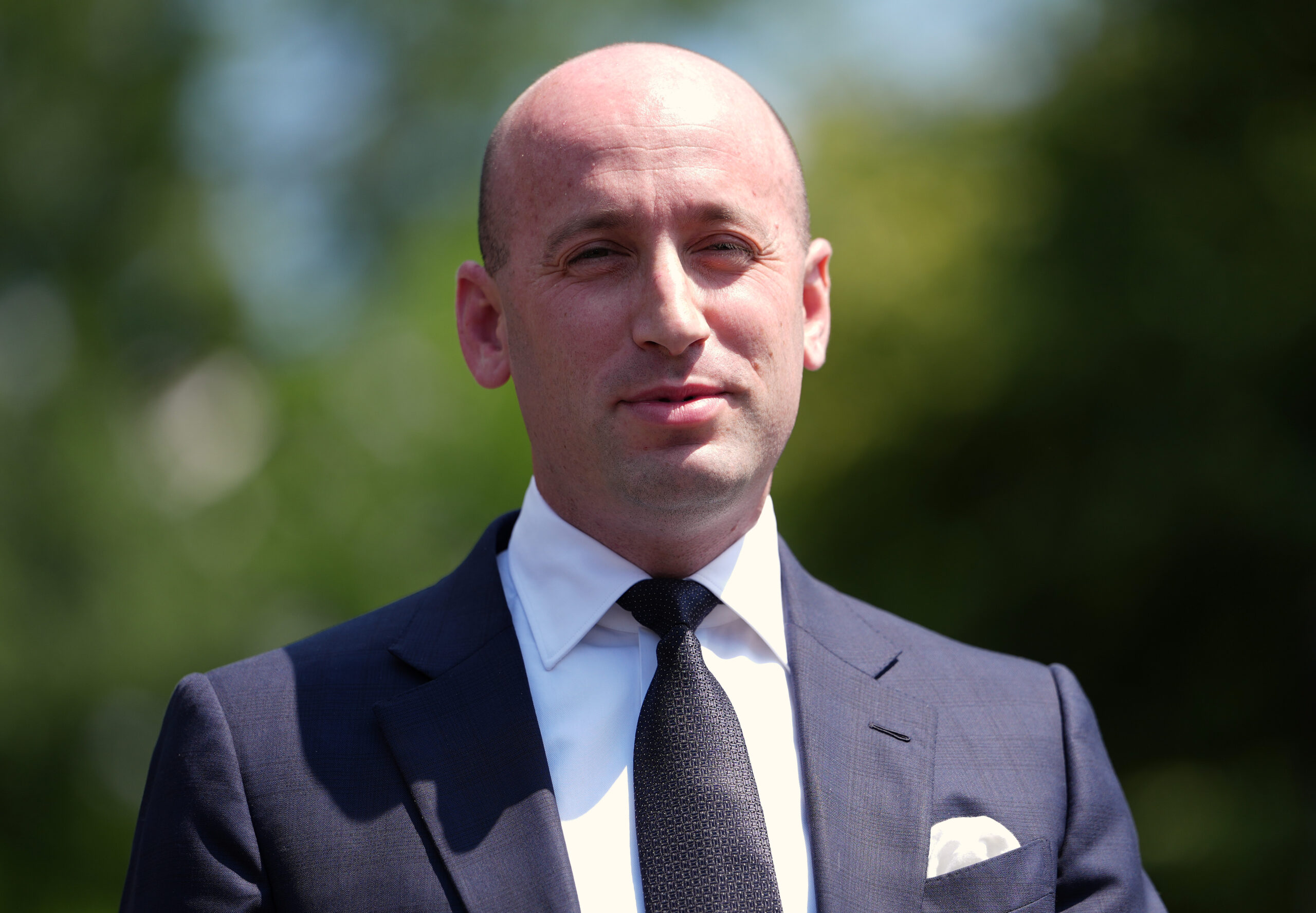Press Release
Common Cause Files Comments in FCC Broadband Deployment Proceeding
Yesterday, Common Cause and Public Knowledge filed comments in the FCC’s broadband deployment proceeding. The agency is required to release an annual report on whether advanced telecommunications services is being deployed to all Americans in a reasonable and timely fashion. As part of its report, the FCC seeks comments from the public on how it should assess the state of broadband deployment and availability. Common Cause critiqued the agency’s flawed methodology which overstates who has access to broadband and its current policies for widening the digital divide. Common Cause also urged the Commission to take a bold, forward-looking approach and increase the national broadband standard.
Statement of Michael Copps, Former FCC Commissioner and Common Cause Special Adviser
The FCC’s Broadband Deployment Report is critical to determining who has access to broadband and what steps the agency should take to ensure those that are still unserved get the necessary resources they need. Last year’s Report wrongly concluded that broadband deployment is reasonable and timely despite finding that 24 million Americans still lacked access. This is because the FCC misinterpreted its Congressional mandate to conduct the broadband assessment, relied on flawed and incomplete deployment data, and changed its methodology to include inadequate services. The FCC is setting up this year’s report to repeat the same mistakes. Even worse, the agency’s current policies have only served to widen the digital divide or delay broadband deployment.
Rather than pat itself on the back again by using a flawed methodology to wrongly conclude broadband is being deployed timely, the FCC should conduct an open and honest assessment on who has access to broadband. It should take a bold, forward-looking approach by raising the national broadband standard to 100 megabits per second. Technological innovation and consumer demand for faster Internet speeds, require the FCC to adopt a standard that ensures all Americans have access to broadband services that meets the needs of today and the near future. The FCC should also incorporate metrics like pricing and quality of service to get a complete picture of broadband availability.
Too many Americans still lack access to broadband, which is necessary to fully participate in a 21st century democracy. The FCC can and should be doing more to get a complete and accurate picture on who still lacks access and what actions should be taken close the digital divide.
To read the comments, click here.

